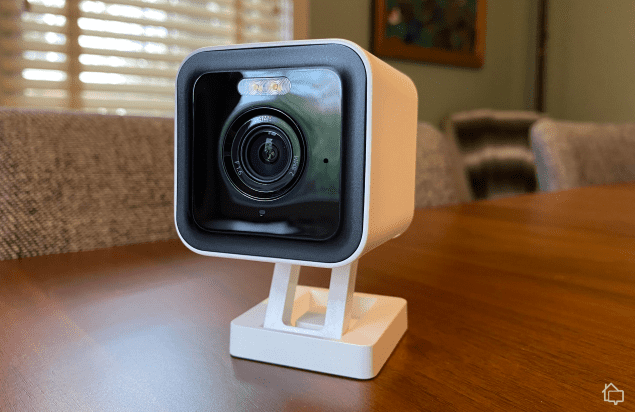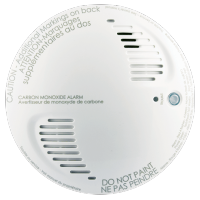It’s what most of us start dreaming of the day we meet our first landlord: a home of our own. Owning a home means a yard for the kids, a back deck for barbecues, and that basement gym we always wanted. But purchasing a house also means mortgage payments and upkeep. Are you ready to make a commitment like that? Or is it better to keep renting? It’s time to do the math! Our “Rent or Buy” Calculator will give you a good idea of what the numbers will look like over time so you can answer the all-important question: to buy or not to buy?
Is Homeownership for Everyone?
As you move up in life, you start to yearn for a place you can call your own. The truth, however, is that owning a house isn’t for everybody. There are factors to consider and costs to calculate. Sometimes, renting makes more sense financially, especially if it will allow you to save and eventually become a homeowner down the line. But is there a more objective way to decide whether to buy or rent?
There is! We made this “Rent vs. Buy” calculator to help you compare the costs of owning versus renting over a set timeframe.
Is Renting a Waste of Money?
Before we compare the costs of renting and buying a house, let’s address the elephant in the room: Is renting a waste of money? There are two sides of the argument.
On one hand, there’s a saying that “you’re paying someone else’s mortgage when you rent.” And that’s true. You’re helping the landlord pay off the property, and what you get in return is only a place to live in. Plus, the place you’re renting will appreciate in value over time, which is good for the landlord, but may result in higher rent prices in the future. Another thing is, you’re not building equity – and wealth – for yourself when you’re renting. These are all reasons why some would rather buy a house they can afford than rent.
On the other hand, renting allows for flexibility in the short term. Buying a house comes with risks. If you buy a house you can’t afford, you could lose it to foreclosure or burn through your savings to keep it, both of which are bad for your finances. Also, renting until you can afford to buy your dream house is a good way to stay liquid. That would allow you to make the right move if and when opportunity knocks.
So our answer? Renting is not a waste of money. It can be the right move for you. Of course, in the long-term, the goal is to be able to buy your own place, but until you’re financially ready for that move, renting is a good option.
Assumed Renting Costs
If you rent a place, there are four factors to consider. There is, of course, the monthly rent payment, but you also have to take into account the additional monthly costs, renter’s insurance premium, possible rent increases, and move-in costs.
- Additional monthly costs: Aside from monthly rent payments, you have to take into account additional fees like utility costs and parking fees.
- Renter’s insurance: Some landlords require tenants to have a policy to cover accidental property damage costs, the cost of damaged or stolen personal belongings, and the cost of other unforeseen expenditures related to the renter property.
- Annual rent increase: Housing costs appreciate over the years, increasing rental costs. In most cases, landlords have the legal right to increase rent payments at will, unless the property is governed by rent control.
- Move-in costs: You should also consider the move-in costs, including the security deposit, pet fees, background check fee, first and last months’ rent, and turn-over fees (the cost to replace the locks after the old tenant moves out, replacing the name on the mailbox and/or buzzer, etc.)
Assumed Buying Costs
On the other hand, if you’re buying a house, the main costs to consider, aside from the purchase price of the property, are property taxes, annual maintenance costs, homeowner’s insurance premium, and other financing fees for homes purchased under a mortgage.
- Property tax: This is a tax paid by property owners to the local tax authority based on the assessed value of the real estate and their state’s tax rate.
- Annual maintenance cost: Unlike for rented homes, where the landlord is responsible for maintenance, you’ll shoulder maintenance costs like landscaping, pest prevention, and HVAC cleaning if you own the house.
- Homeowner’s insurance: While state and federal laws don’t require a homeowner’s insurance policy, your lender might require you to take one out if you have a mortgage on your home.
- Financing fees: Aside from repaying the purchase price of the house you’re buying, you’ll also pay other financing fees like closing fees, interests, and processing fees. You’ll also have to put down a down payment on your home.
>> Also See: Should You Refinance Your Home Mortgage?
How To Use Our “Rent vs. Buy” Calculator
By taking into account many of the factors above, our “Rent vs. Buy” calculator estimates the total cost of renting a house versus buying a house over a set period. The result will show you which is cheaper and more financially sound as well as the cost difference between the two.





